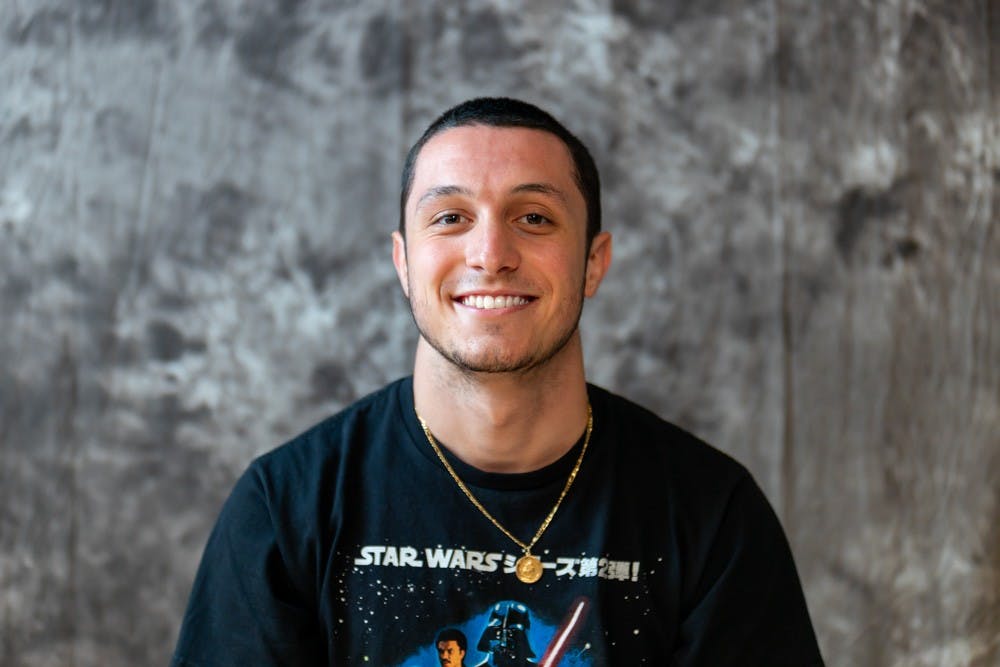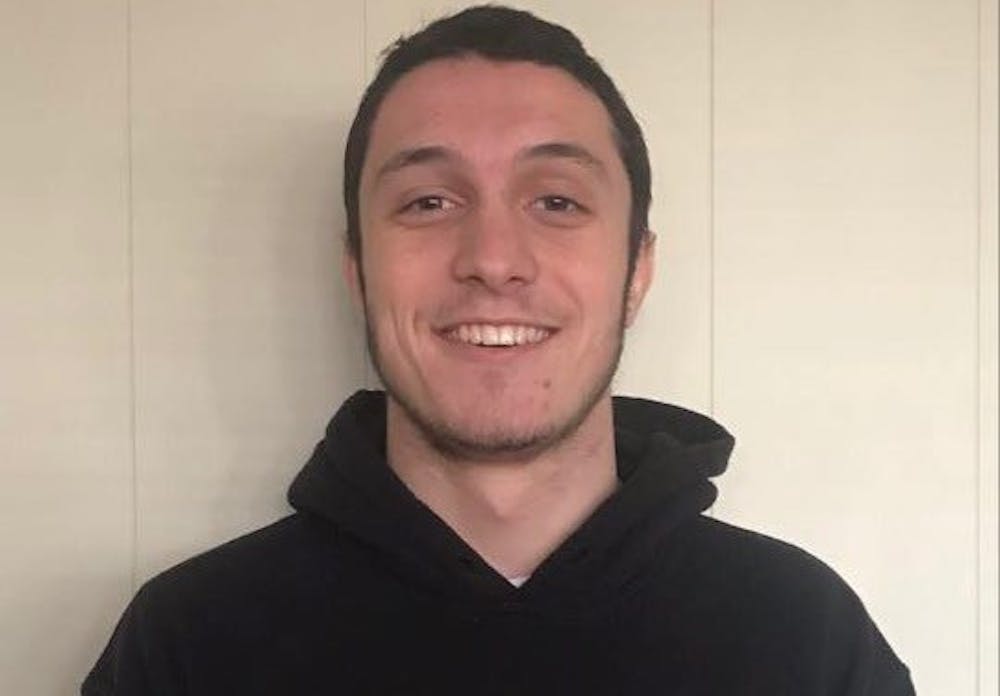Everybody knew playing a college basketball season during COVID-19 was a risk. College football was the pandemic guinea pig and had over 200 games canceled this season. Basketball coaches knew this and went ahead anyway.
Right from the opening tip, chaos ensued. Games got canceled and multiple major figures tested positive, including head coaches Scott Drew of Baylor and Rick Barnes of Tennessee.
Already, just two weeks in, 177 games involving a Division I team have been canceled or postponed.
Postponements are only a tiny part of the story.
Across the country, people are dying.
The United States is averaging over 200,000 new daily coronavirus cases and 2,000 COVID-related deaths per day. On Wednesday, the country hit a new milestone: 3,124 deaths Wednesday, the highest one-day total yet, according to Johns Hopkins University. That’s more deaths than 911 or D-Day, when 2,500 American soldiers died.
Yet, every major Division I conference is playing basketball this season, except one.
The Ivy League shut down its season completely. The decision was unpopular, “nerdy.”
It was also responsible. Yet, it failed to spark a national conversation.
Enter the greatest college basketball coach of all time.
Mike Krzyzewski, Duke’s head coach, who has won more games than any college coach, Wednesday told a crowd of reporters about his uncertainty about the season. “I don’t think it feels right to anybody, everyone is concerned.”
He made the comments after his team lost 83-68 to Illinois. He insisted his feelings had nothing to do with his team’s record.
“I know somebody will take what I’m saying tonight, and make it like I’m making excuses,” Krzyzewski said. “I don’t make excuses. We need to get a lot better. But for the good of the game, and the good of the safety and mental and physical health of our players and staff and whatever, we need to constantly look at this thing. And I think that’s, I think that’s a smart thing to do.”
Starting next week, each ACC team is set to play 20 league games. Players have stayed on campus, even when, like UB, all teaching went remote and everyone else went home to be with their families.
“Do I think things should be done a little bit differently?” Krzyzewski said. “Yeah. I mean, you know, a lot of kids, kids aren’t gonna be able to go home for Christmas, probably a time where they should for mental health. We’re just plowing through this.”
Players and coaches are in essential lockdown. Players are living on empty campuses. They can’t see or get support from their families. They can’t be with family members who are sick.
“They’re almost in prison,” Michigan State coach Tom Izzo said Tuesday afternoon. “I don't want to make light of it, but it’s more difficult than we all think.”
The players want to be college kids, and right now they are required to be everything but that. If they test positive, they’re not only concerned about their health, but they also face the burden of letting their team down.
The mental health of these athletes needs to be a priority, and it’s not clear who is thinking about it. What schools and media companies are thinking about is profit. They are making money off these kids. The students are risking their health and futures -- we still don’t know the long-term effects of COVID-19 or how having it will impact future college seasons for individual players. They have to live “in prison” to be able to play and make money for other people.
Initially, I didn’t feel strange watching sports during the pandemic.
After months of no sports, I celebrated when everything returned.
Sports have always been my escape; they provide an understandable world that’s fun to disappear into for a while. News is harsh. SportsCenter is fun.
Coach K’s comments sparked a national conversation. I’ve realized my escape is somebody else’s struggle.
I have always listened to what Krzyzewski’s said because of his accomplishments — five national championships, six gold medals and the most wins in NCAA history.
But now, I’m listening because he’s saying things that matter.
Of course, if teams want to play, let them play. I’ll always be here to watch as a fan because I love the game.
But if teams decide to withdraw from competition this season, they also have my full support.
Should the NCAA mandate all teams to stop competition if the pandemic continues to surge through the country?
I’m not sure.
At the very least, there’s a conversation we need to have.
Anthony DeCicco is the Senior Sports Editor and can be reached at anthony.decicco@ubspectrum.com and on Twitter @DeCicco42

Anthony DeCicco is the Editor-in-Chief of The Spectrum. His words have appeared in outlets such as SLAM Magazine andSyracuse.com. In 2020, he was awarded First Prize for Sports Column Writing at the Society of Professional Journalists' Region 1 Mark of Excellence Awards. In his free time, he can be found watching ‘90s Knicks games and reading NFL Mock Drafts at 3 a.m.





